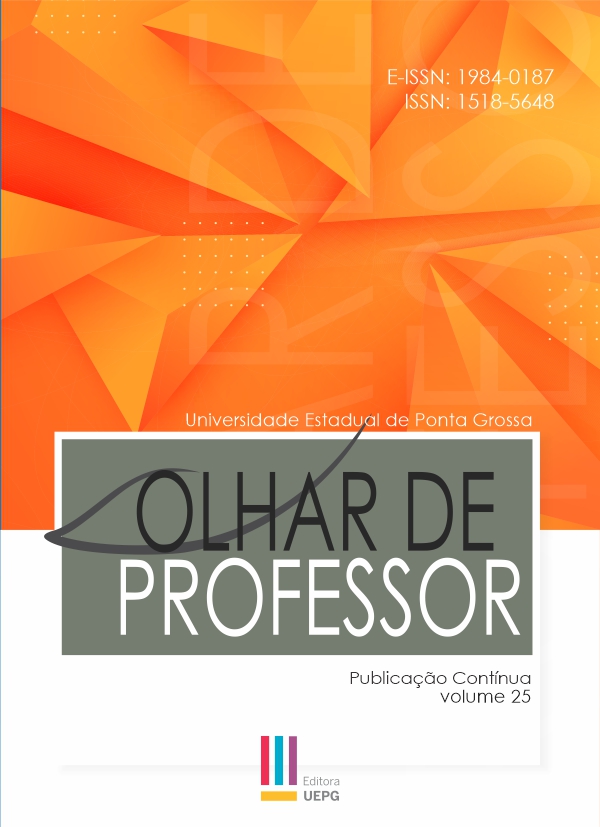Active methodologies in the formation of the XXI century engineer: challenges and reflectionsv
Main Article Content
Abstract
In a society in constant transformation and rapid technological advances, the main characteristic of a competitive professional is the ability to create and apply science and technology in the generation of belongings and services. For this, good questions are cool, doubts that will highlight you as a professional and make a difference to the community as a whole. Thus, considering the need for progress and as contemporary changes in an increasingly globalized and hyperconnected world, the objective is to analyze the current learning scenario and the forms of teaching used as a subsidy for the development of the engineering student. To do so, it starts from the analysis of some historical and philosophical factors that led the student to a stiffening of his questioning power, to proceed with the analysis of active teaching methodologies, such as Problem Based Learning (ABL), Questioning Methodology (MP) and Team-Based Learning (ABE). The use of these tools allows the framing of the student as a manager of his own learning and leads to the granting of the need to search for alternative methods to break the passivity of the discente group.
Downloads
Article Details
Authors who publish in this journal agree with the following terms:
a) Authors keep the copyrights and concede the right of its first publication to the magazine. The work piece must be simultaneously licensed on the Creative Commons Attribution License which allows the paper sharing, and preserves both the author identity and the right of first publication to this magazine.
b) Authors are authorized to assume additional contracts separately, to not-exclusively distribution of the paper version published in this magazine (e.g.: publish in institutional repository or as a book chapter), with the author identity recognition and its first publication in this magazine.
c) Authors are permitted and stimulated to publish and distribute their papers online (e.g.: in institutional repository or on their personal webpage), considering it can generate productive alterations, as well as increase the impact and the quotations of the published paper.
d) This journal provides public access to all its content, as this allows a greater visibility and reach of published articles and reviews. For more information on this approach, visit the Public Knowledge Project, a project that developed this system to improve the academic and public quality of the research, distributing OJS as well as other software to support the publication system of public access to academic sources.
e) The names and e-mail addresses on this site will be used exclusively for the purposes of the journal and are not available for other purposes.

This work is licensed under a Creative Commons Attribution 4.0 International License.





